Westminster report backs Troubles prosecution limitation for soldiers
- Published
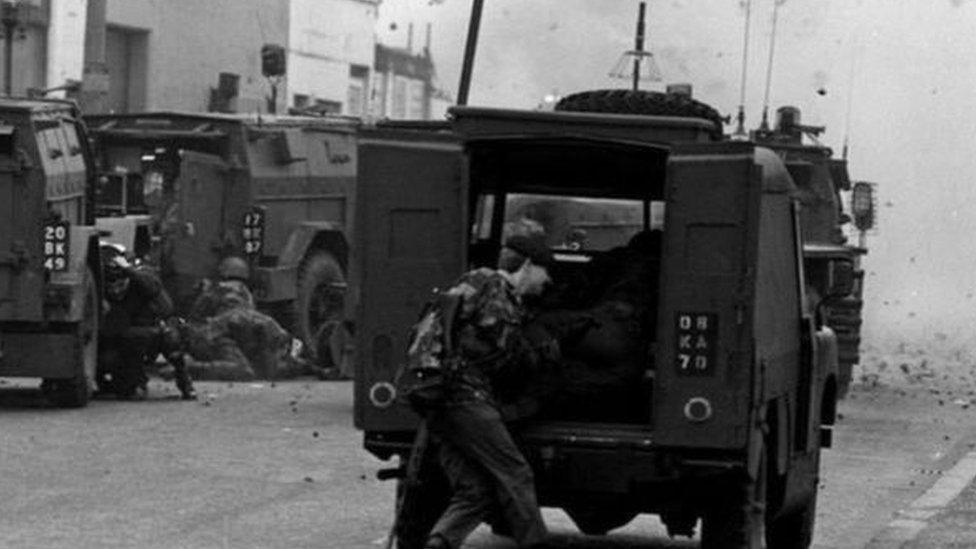
Army veterans have protested over "imbalanced investigations" into Troubles killings
Westminster's defence committee has backed a statue of limitations stopping investigation or prosecution of former British soldiers for murders during the Troubles.
It has been claimed that legacy cases involving soldiers have been "unfairly prioritised".
Prime Minister Theresa May described soldier prosecutions as "appalling".
The head of Northern Ireland's Public Prosecutions Service has said the claims were unfair and "an insult".
Earlier this month, Army veterans held a rally in Belfast to protest what they called "imbalanced investigations".
Figures obtained by the BBC in February challenged the claims that investigations into Troubles killings are unduly focused on those committed by the Army.
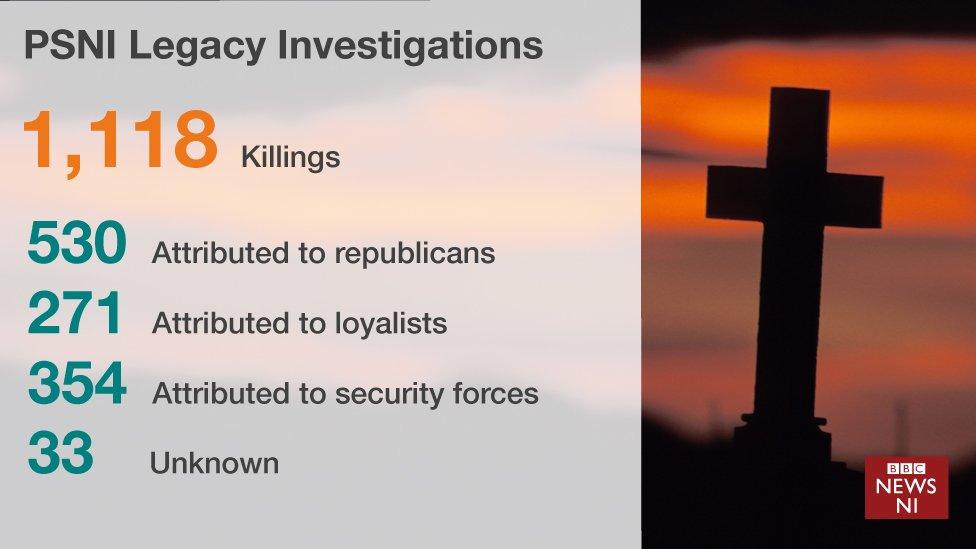
The report published by the government's defence committee, external said it favours a statue of limitations, coupled with a truth-recovery process to help bereaved families.
It said that the committee heard from senior legal experts that if a statute of limitations was applied only to former Army personnel, then the government could be accused for legislating for "state impunity".
However, the report stated that the committee stopped short of recommending a statute of limitations for all sides during the Troubles as it "would be for the next government to decide".
It added that the government should "not lose sight of its moral responsibility to those who have served our country".

DUP MP Gavin Robinson said the report "redresses the imbalance"
Dr Julian Lewis, the committee's chair, said: "To subject former soldiers to legal pursuit under the current arrangements is wholly oppressive and a denial of natural justice."
DUP MP Gavin Robinson, a member of the committee, said the report is attempting to redress the "completely imbalanced treatment of those who terrorised our society and those brave service personnel who ensured they would never succeed".
"Early release of prisoners, a maximum two-year sentence for fresh terrorist convictions, odious on-the-runs legislation and a secretive scheme to issue letters of immunity have all tarnished the balance of justice."
He added that he was "delighted the committee backed my amendment to recommend such a proposal would extend to members of the Royal Ulster Constabulary and other security personnel".
However, Sinn Féin's Gerry Kelly said the committee's recommendation was "an insult to victims and survivors".
"There can be no immunity for people who have murdered Irish citizens," he said.
Tom Elliott, from the Ulster Unionist Party, welcomed what he described as "moves to protect those who risked their lives to defend the people of Northern Ireland".
The SDLP's Dolores Kelly said no-one should be off limits to the rule of law.
Alliance justice spokesperson Trevor Lunn said if there was evidence against soldiers for killings during the Troubles, then prosecutions should be brought.
- Published14 April 2017
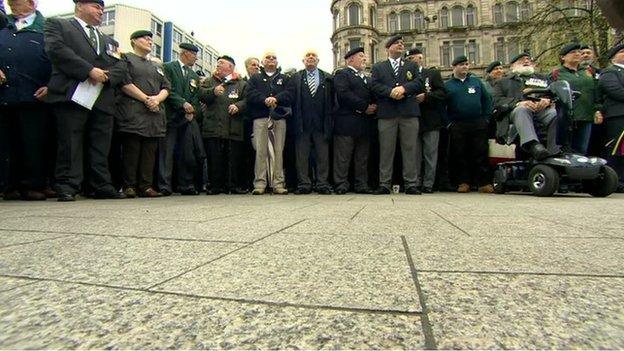
- Published22 February 2017
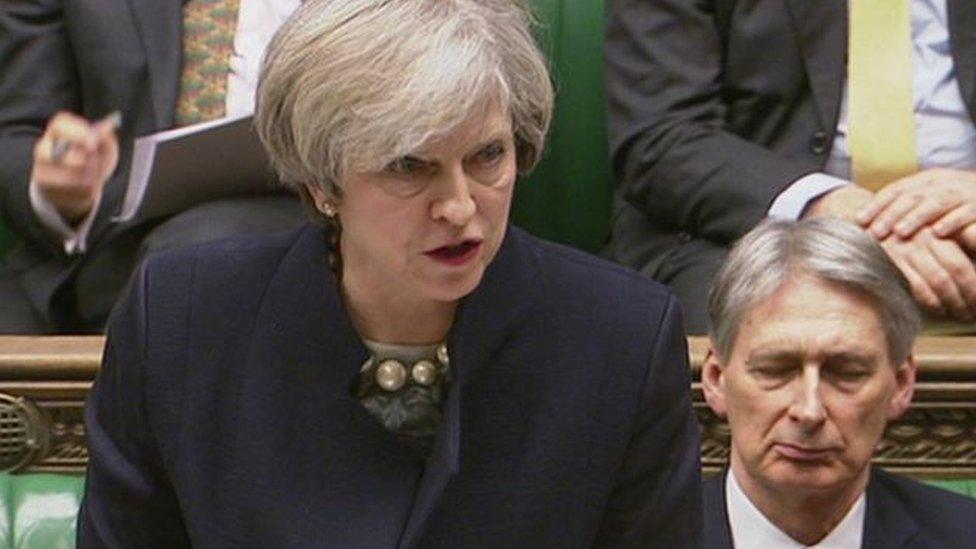
- Published2 February 2017
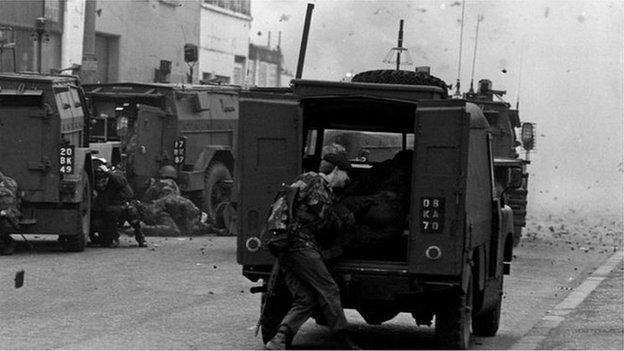
- Published26 January 2017
